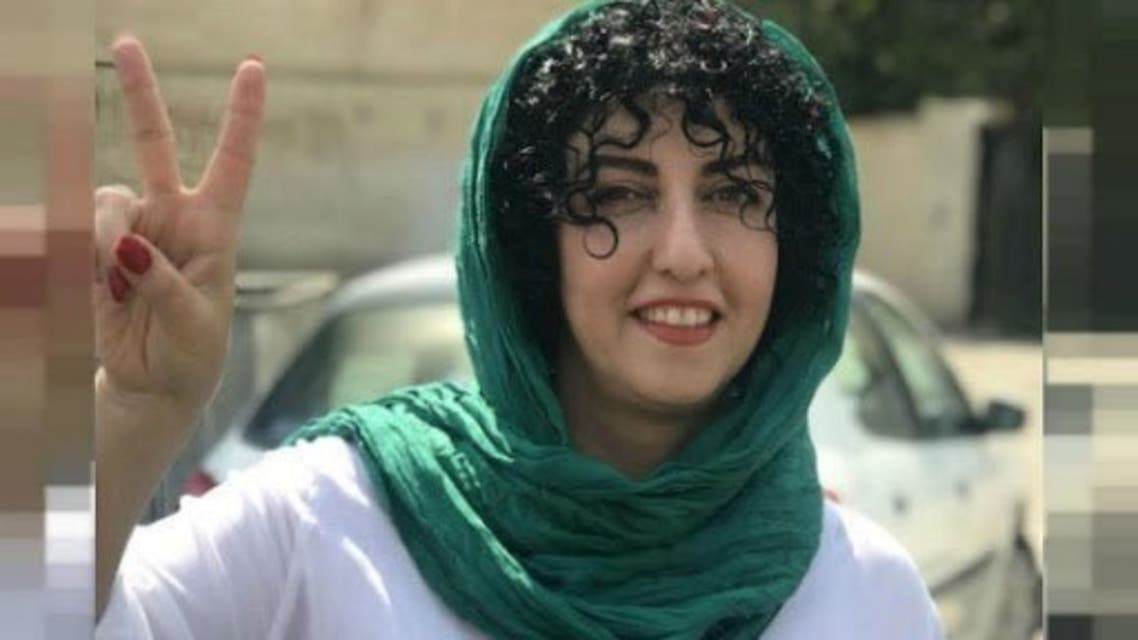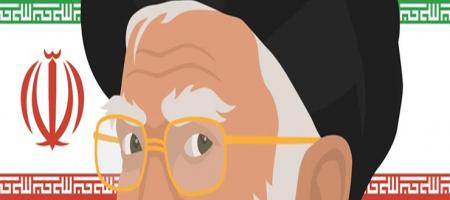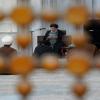
A prison sentence imposed against prominent rights defender, Narges Mohamadi, demonstrates Iranian authorities’ commitment to crush any grassroots human rights efforts, Human Rights Watch said in a statement.
Branch 26 of Tehran’s revolutionary court sentenced Mohammadi to six years in prison for “assembly and collusion to act against national security,” and to two years in prison and 74 lashes for “acting against national security and disrupting public order,” her husband, Taghi Rahmani, told Human Rights Watch on January 27.
According to her husband, the summary trial was held behind closed doors and that she was denied access to a lawyer.
On January 19, authorities transferred Mohammadi, who has been detained since November 2021, to Qarchak prison south of Tehran after she spent 64 days in solitary condiment in Evin prison.
“Iranian authorities’ cruel detention and prosecution of Narges Mohmmadi only one year after she was released from an earlier prison term and then piling on more unfair prison sentences are clearly intended to crush her into silence at all costs,” said Tara Sepehri Far, senior Iran researcher at Human Rights Watch. “The authorities should immediately and unconditionally release Narges Mohammadi, who has already unjustly been imprisoned for years.”
Earlier in 2015, Mohammadi had been sentenced to 10 years in prison for “establishing an illegal group,” “assembly and collusion to act against national security,” and “propaganda against the state.” Authorities arrested Mohammadi after her meeting with Catherine Ashton, then the High Representative of the Union for Foreign Affairs and Security Policy, in Tehran.
Mohammadi, who suffers from a serious neurological disease that causes muscular paralysis, was released from prison in October 2020 after her sentence was reduced but was denied a passport, which barred her from uniting with her family in France.
After her release, she and a group of other political prisoners filed a complaint against authorities concerning the prevalent use of solitary confinement against political prisoners.
“People like Narges Mohammadi are the ones who work to bring Iranian civil society together,” Sepehri Far said. “Governments that are engaging diplomatically with Iran should make sure to press the government to stop its relentless crackdown against human rights defenders.”













